[ez-toc]
Best Way to Learn French
Learning French can be both enjoyable and effective by combining traditional methods with innovative approaches. One of the best ways to learn French is through immersive experiences, such as listening to French music. Music not only helps in improving pronunciation and vocabulary but also makes the learning process more engaging and fun. Incorporating songs into your study routine allows you to practice listening and comprehension skills in a natural and entertaining way. Embracing music as a learning tool can significantly enhance your journey to mastering French.
Learning French Through Music with France Music
A journey through melody and method
The journey of learning French is as enchanting as the language itself, offering a rich tapestry of sounds, rhythms, and expressions that captivate the heart and stimulate the mind. This linguistic voyage is not just about memorizing vocabulary or mastering grammar; it’s about embracing a culture, a way of life, and a new mode of thinking. With a variety of methods available, each learner can find a path that resonates with their unique learning style, making the process of acquiring this beautiful language both efficient and enjoyable.
One of the most remarkable aspects of learning French is the sheer diversity of approaches one can adopt. From the structured environment of classroom learning, where direct interaction with instructors and peers fosters a deep understanding of the language, to the flexibility of online platforms and applications that allow learners to progress at their own pace, the options are vast and varied. Language exchange programs offer a real-world experience, enabling learners to practice with native speakers, thereby enhancing their conversational skills and cultural comprehension.
Amidst these traditional and innovative learning methods, music stands out as a uniquely powerful tool. The incorporation of music into language learning goes beyond mere enjoyment; it taps into the brain’s natural abilities to recognize patterns, improve memory, and enhance pronunciation. French music, with its lyrical beauty and rhythmic complexity, provides a delightful and effective way to immerse oneself in the language. Listening to French songs not only helps learners acquire new vocabulary and idiomatic expressions but also deepens their understanding of French culture and sensibilities.
The magic of learning French through music lies in its ability to transform the learning experience from a task to be accomplished into a joy to be savored. It breaks down the barriers of traditional language learning, making it accessible, engaging, and, most importantly, fun. As learners explore the melodies and meanings of French songs, they embark on a more holistic and emotionally resonant journey into the language.
Incorporating music into your French learning strategy offers a unique advantage, blending the pleasure of music with the intellectual challenge of language acquisition. It’s an approach that not only enhances linguistic skills but also enriches the soul, proving that learning French can be as delightful as the language itself.
Effective Techniques for Learning French Through Traditional Methods
Classroom Instruction
The traditional classroom setting remains a cornerstone in the journey of learning French, offering a structured environment that is hard to replicate elsewhere. This method provides direct support from experienced teachers who can offer immediate feedback, personalized instruction, and a curriculum that covers the comprehensive aspects of the language, from grammar and vocabulary to pronunciation and cultural nuances. The interactive nature of classroom learning fosters a sense of community among learners, encouraging conversations and discussions in French that enhance comprehension and fluency. Moreover, the structured pace ensures that students systematically progress through the language’s complexities, building a solid foundation that supports advanced learning.
Online Platforms and Applications
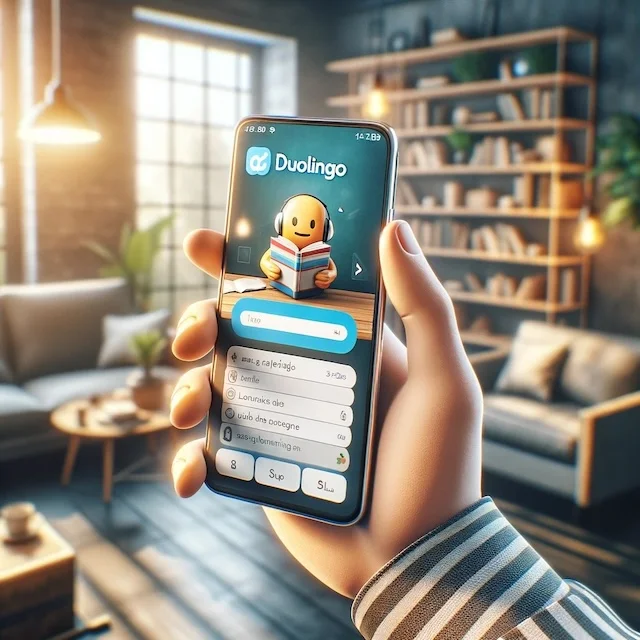
In the digital age, online platforms and applications like Duolingo and Babbel have revolutionized the way we approach language learning. These platforms offer unparalleled flexibility, allowing learners to study at their own pace, anytime and anywhere. With a focus on interactive learning experiences, these apps use gamification to make learning French engaging and fun. They adapt to the user’s learning style, providing personalized lessons that cater to individual strengths and weaknesses. From beginners to advanced learners, these platforms offer a range of activities that cover speaking, listening, reading, and writing, making them a comprehensive tool for language acquisition. The immediate feedback and progress tracking further motivate learners to continue improving their skills.
Language Exchange Programs
Language exchange programs offer a unique and immersive experience in learning French. By conversing with native speakers, learners can practice real-life conversations, pick up colloquial expressions, and improve their listening and speaking skills in a natural setting. This method not only enhances language proficiency but also provides cultural insights, making the learning process more meaningful and enjoyable. Language exchange can happen in person or through online platforms, providing flexibility and access to a global community of French speakers. This real-world practice is invaluable for overcoming the fear of speaking and for gaining confidence in using the language in everyday situations.

Innovative Techniques for Learning French
Immersion Programs
Immersion programs offer one of the most effective and transformative approaches to learning French. By living in a French-speaking country, learners are plunged into the language and culture, providing a rich, continuous context for language acquisition. This method goes beyond the confines of a classroom, allowing learners to experience the language as it is spoken in everyday life. The immersive experience fosters a deeper understanding of not only the language but also the cultural nuances that textbooks often overlook. Immersion challenges learners to use French in a variety of real-life situations, from ordering food in a café to navigating public transportation, thereby accelerating their path to fluency. The constant exposure to French spoken by native speakers enhances listening comprehension and pronunciation skills, making it a highly effective way to achieve language proficiency.
Gamification in Language Learning
Gamification has revolutionized the way we learn languages, making the process more engaging and enjoyable. By incorporating game mechanics into language learning, platforms can transform the acquisition of French from a daunting task into an entertaining experience. Language learning games and apps, such as Duolingo, use points, levels, and rewards to motivate learners, creating a sense of achievement and progress. These interactive platforms adapt to the individual’s learning pace, providing personalized challenges that cater to their level of proficiency.
Gamification taps into the learner’s natural desire for play and competition, encouraging regular practice and retention of information. Moreover, these games often include social elements, allowing learners to connect with others on the same language journey, fostering a community of support and encouragement. The combination of fun and education offered by gamification not only keeps learners engaged but also significantly enhances their ability to remember and apply what they have learned.
Discover How Music Enhances French Language Learning
Benefits of Music in Language Acquisition
Music is a powerful ally in the journey of learning French, offering a harmonious blend of enjoyment and education. It aids in language acquisition by engaging multiple senses, which in turn enhances memory retention. Listening to French music allows learners to familiarize themselves with the rhythm, intonation, and melody of the language, leading to improved pronunciation and listening skills. Songs often contain repetitive structures and choruses, making them excellent tools for reinforcing vocabulary and phrases. Moreover, music can evoke emotions, making the learning experience more memorable and personal. By connecting words with feelings, learners are more likely to recall what they have learned when they hear a particular song or melody.
Incorporating Music into Learning French
Integrating French music into your learning routine can transform the way you approach language acquisition. Here are some practical tips to make the most of this method:
- Create a French Playlist: Compile a list of French songs across different genres and listen to them regularly. This will help you get accustomed to the sounds and rhythms of the language.
- Lyrics Analysis: Read along with the lyrics while listening to a song. This practice can help improve your reading skills and enhance your understanding of the language used in different contexts.
- Sing Along: Don’t be shy to sing along. This exercise can significantly improve your pronunciation and fluency. It’s a fun way to practice speaking French without the pressure of getting every word perfect.
- Use Music Apps: Platforms like Spotify and YouTube offer curated playlists for French learners. These resources can introduce you to new artists and songs suitable for language practice.
- Incorporate Music into Daily Activities: Listen to French music during your commute, while exercising, or as background music during your study sessions. Immersing yourself in the language through music can make learning feel less like a chore.
Top French Songs for Language Learners
To get you started, here’s a curated list of French songs and artists that are particularly suitable for language learners. These selections not only offer clear pronunciation but also cover a range of vocabulary and expressions:
- “Je l’aime à mourir” by Francis Cabrel: A classic song that is slow enough for beginners to follow along.
- “La vie en rose” by Édith Piaf: An iconic French song that introduces learners to a timeless piece of French culture and music.
- “Papaoutai” by Stromae: This song offers a modern take on French music with catchy rhythms and insightful lyrics.
- “On écrit sur les murs” by Kids United: A song performed by children, making it easier for beginners to understand.
- “A toi” by Joe Dassin: A beautiful, slow-paced song that is perfect for learners looking to practice listening to and pronouncing French words.
By exploring the role of music in learning French, learners can enjoy a more dynamic and immersive approach to language acquisition. Music not only makes learning more enjoyable but also significantly enhances the effectiveness of language learning strategies.
Discover the Joy of Learning French Through Music: Explore Our Playlist
Additional Resources for Learning French
Learn French Online
Learning French online offers unparalleled flexibility and access to a wealth of resources from around the world. Popular platforms like Duolingo, Babbel, and Coursera provide comprehensive courses tailored to various skill levels. Enhance your learning with digital resources such as podcasts, YouTube videos, and mobile apps.
Watching videos is an excellent way to improve your French skills. Videos can help with pronunciation, listening comprehension, and cultural understanding. Explore a variety of French learning videos on platforms like YouTube, where you can find tutorials, lessons, and entertaining content in French.
Hear from students who have successfully learned French online and gain insights from their experiences. To make the most of online learning, set a regular study schedule and engage with online communities for support and practice.
Books and Literature
Diving into French literature can greatly enhance your language learning experience by exposing you to rich vocabulary, complex sentence structures, and cultural nuances. Here are some reading materials recommended for learners at different levels:
Beginners:
“Le Petit Prince” by Antoine de Saint-Exupéry:
A timeless classic that, despite being a children’s book, offers profound insights into life and human nature, written in simple language.
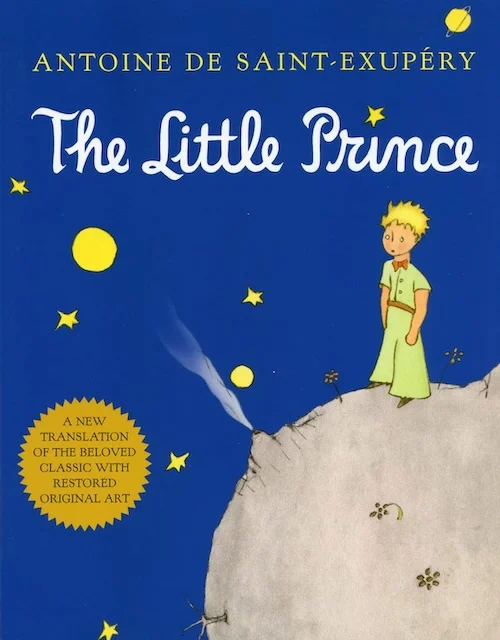
For those ready to challenge themselves a bit, this novel uses straightforward language to tell a compelling story, making it accessible to advanced beginners.
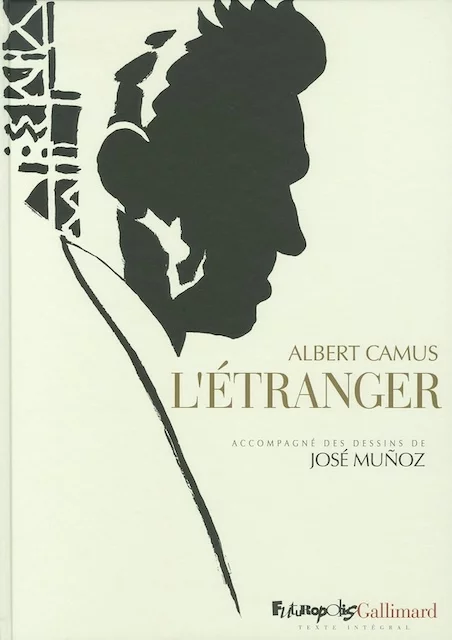
Intermediate:
“Bonjour Tristesse” by Françoise Sagan:
A short novel with relatively simple language that delves into complex emotional themes, perfect for intermediate learners looking to expand their vocabulary and comprehension.
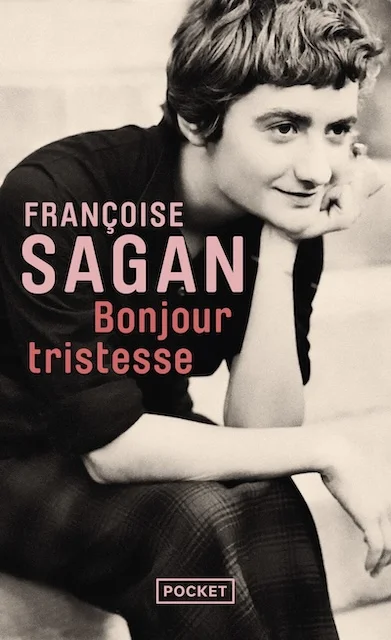
French Short Stories for Intermediate Level:
Collections of short stories are excellent for learners who want to experience a variety of writing styles and topics without committing to a longer novel.

Advanced:
“Les Misérables” by Victor Hugo:
For advanced learners, tackling this masterpiece can be a rewarding challenge, offering a deep dive into French history, culture, and language.

“Madame Bovary” by Gustave Flaubert:
This novel offers rich descriptions and intricate dialogue that can help advanced learners refine their understanding of nuanced language and idiomatic expressions.
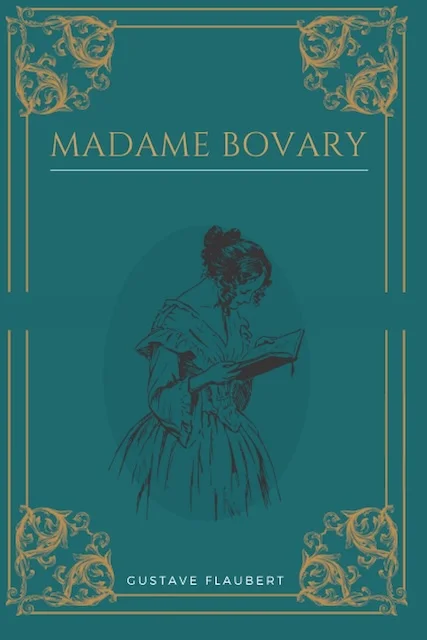
French Movies and Series
Watching French films and TV shows is an enjoyable way to improve your listening skills and gain cultural insights. Here are some recommendations that cater to various tastes and learning levels:
Movies:
A whimsical portrayal of Parisian life that captures the imagination and the heart, featuring clear and slow-paced dialogue ideal for learners.
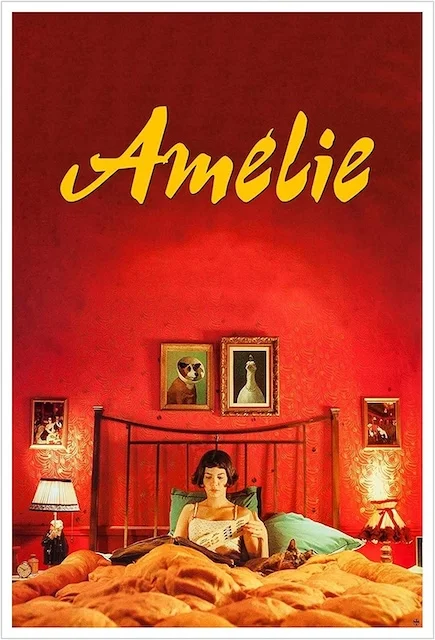
A heartwarming story of friendship with straightforward language and a lot of colloquial expressions, suitable for intermediate learners.
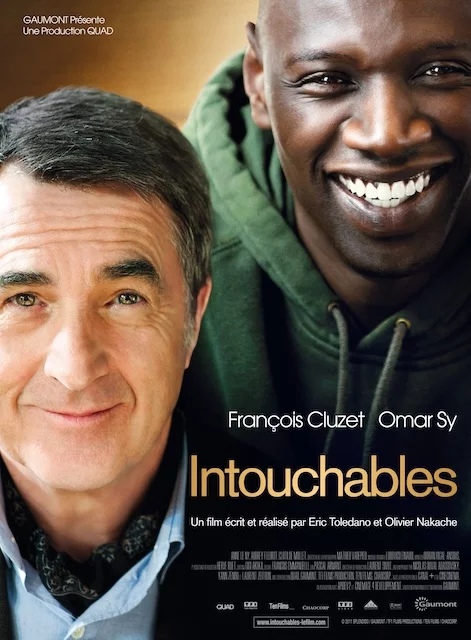
“La Haine” (1995):
Offers a gritty look at the suburbs of Paris, with fast-paced dialogue that presents a challenge for more advanced learners interested in urban slang and contemporary issues.

TV Series:
“Extra” (French version):
Designed specifically for language learners, this sitcom uses simple language to tell the story of a young man living in Paris.
“Call My Agent!” (Dix pour cent):
A comedy-drama series set in a Paris talent agency, offering a glimpse into French cinema culture with dialogue that ranges from intermediate to advanced levels.
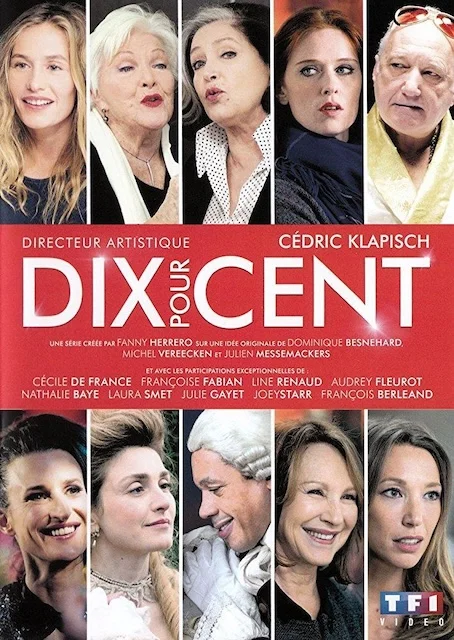
“Les Revenants”:
A supernatural drama series with a compelling storyline that will appeal to advanced learners, offering complex dialogue and a deep dive into French storytelling.

Incorporating these additional resources into your French learning routine can significantly enhance your language skills and deepen your appreciation of Francophone cultures. Whether through the timeless pages of French literature or the compelling stories told in movies and series, these resources offer a rich and varied approach to mastering the French language.